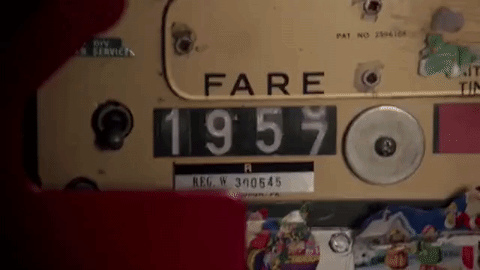What do you think?
Rate this book


537 pages, ebook
First published January 1, 2003

“My mother dying. I time travel to it, over and over. If you could be there and if you could hover over the scene of the accident, and you could see every detail about it. If you had time to look at everything, you would see me behind the cars, behind the bushes, on the bridge, on the tree. I have seen it from every angle."











“Don't you think it's better to be extremely happy for a short while, even if you lose it, than to be just okay for your whole life?”